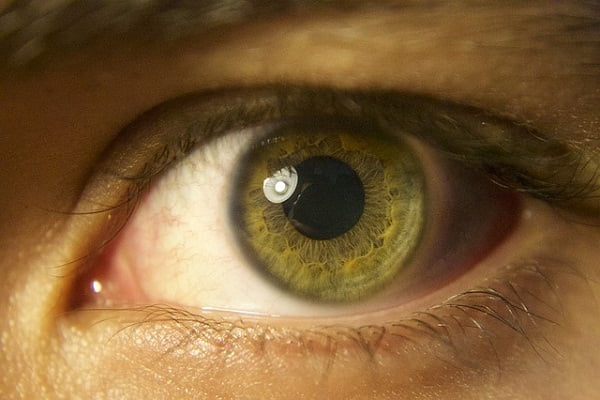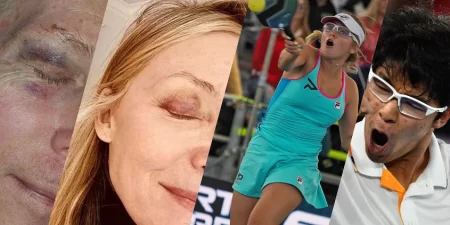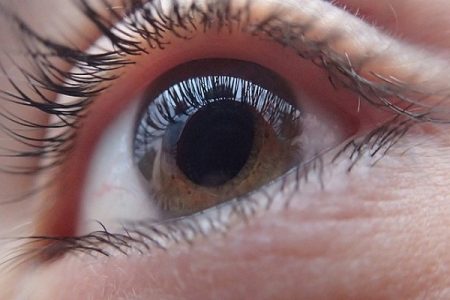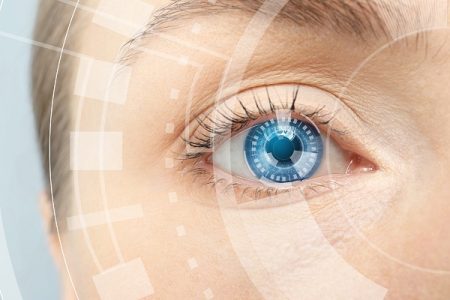Retina Problems and Diseases
- Updated on: Jun 25, 2024
- 3 min Read
- Published on Apr 23, 2021


Retina
The retina is a light-sensitive region of our eye that lines the back of the eye. Its thickness is only 0.2 mm and its size is about the size of a coin. Retina is made up of 200 million neurons and contains photoreceptors that absorb light and transmits signals through the optic nerve to the brain for image processing.
Common disorders and diseases that affect your retina
There is a variety of eye retina problems, conditions and diseases. Here is provided a list of the more common retina problems.
Retinal tear or retinal detachment
A retinal tear or retinal detachment is an ocular emergency which occurs when the light-sensitive retina is torn or detached away from the back of the eye (called choroid layer) that provides it with oxygen and nourishment.
Detached retina is the pulling away of the retina from the choroid layer. If the retina is not surgically corrected soon, it can cause permanent damage and vision loss.
Macular degeneration
Age-related macular degeneration (AMD) is one of the most common but serious age-related eye diseases. It affects more than 9 million Americans – almost one in 14 Americans over age 40 and more than 30 percent of seniors over age 75. The prevalence of AMD is increasing as the population continues to age in the U.S.
The macula is a specialized pigmented part of retina of the eye located at the center of the retina and is responsible for giving it the central vision. It is a common retina problem in adults worldwide.
Graphics and images on retinal detachment
Graphics and images on macular degeneration
Graphics and images on diabetic retinopathy
Diabetic retinopathy
Diabetic retinopathy is one of the major complications of diabetes. It occurs due to the damage of the blood vessels that supply and nourish the retina as a complication of diabetes. Diabetic retinopathy can lead to significant vision loss.
Macular edema
Macular edema is the collection of fluid around the macula resulting in the swelling of the macula. It causes blurring of the central vision. Macular edema can occur due to several reasons including diabetes and cataract surgery complications etc.
Hypertensive retinopathy
Chronic high blood pressure (BP) or hypertension can cause damage to your tiny blood vessels that provide nourishment to the retina. This can cause major vision problems and result in hypertensive retinopathy.
Common risk factors for hypertensive retinopathy are obesity, lack of physical activity, consumption of too much salt, family history of hypertension and a lifestyle that is full of stress.
Central serous retinopathy
Central serous retinopathy is not very common condition. The central part of the retina develops a cyst resulting in distorted central vision if one gets central serious retinopathy.
Retina problems symptoms
As your eye doctor examines the eyes, he or she may notice certain warning signs (retina problems symptoms) that may be indicative of common retinal problems, such as:
- Eye floaters accompanied by eye flashes in one or both eyes
- Sudden onset of blurring of the vision
- Blind spots in the field of vision
- Shadows in the field of vision
- Gradually reduced side vision (peripheral vision)
- Warped straight lines
Importance of routine eye exams
It’s extremely important to keep your retina healthy and keep it functioning properly to enjoy good eyesight. Many eye retina problems and conditions can be detected early on with routine eye exams by your eye doctor (ophthalmologist) before you notice any significant symptoms.
If you visit your doctor regularly for routine eye exams, you doctor can examine your eyes for signs of macular degeneration, diabetes complications, retinal detachment, and other serious retina problems and start the treatment accordingly as soon as possible. This helps in preventing serious damages to the eyes later.
When the eye doctor examines a person’s retina, he or she first puts drops in the eye to dilate the pupil. This allows the retina to be seen in much more detail and clearly. Retinal disorders are generally diagnosed and treated by an ophthalmologist (eye specialist). An ophthalmologist is a medical doctor who specializes in the diagnosis, evaluation and treatment of all types of eye disorders including retinal problems.












